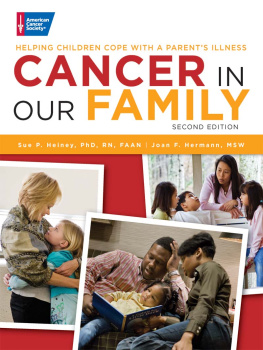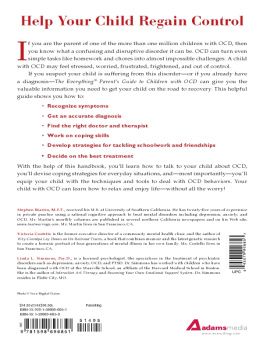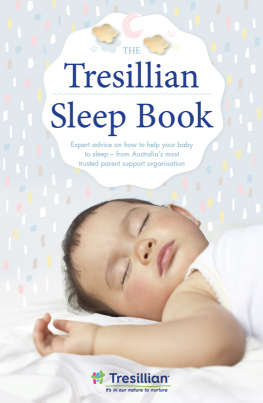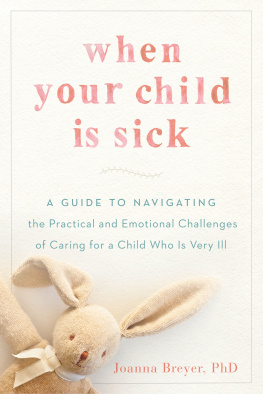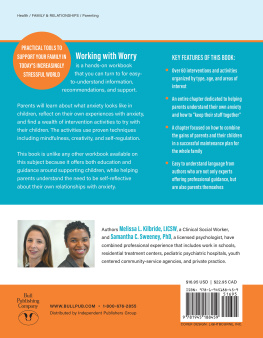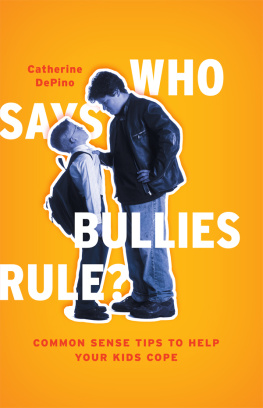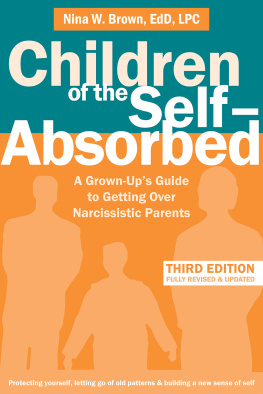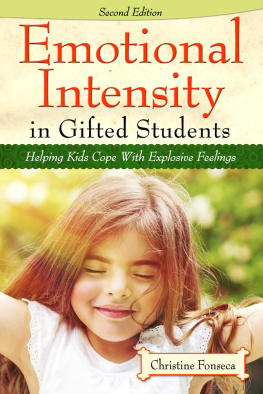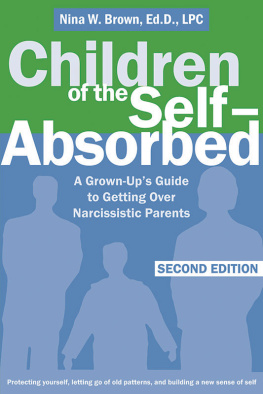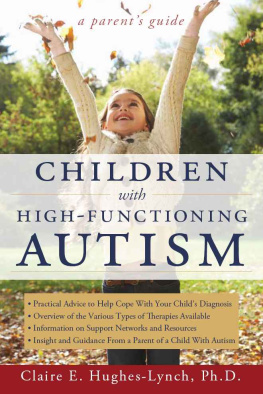

Published by the American Cancer Society
Health Promotions
250 Williams Street NW
Atlanta, GA 30303-1002
Copyright 2013 American Cancer Society
First edition published in 2001 under the title Cancer in the Family.
All rights reserved. Without limiting the rights under copyright reserved above, no part of this publication may be reproduced, stored in or introduced into a retrieval system, or transmitted in any form or by any means (electronic, mechanical, photocopying, recording, or otherwise) without the prior written permission of the publisher.
For permission to reprint any materials from this publication, contact the publisher at .
Manufactured by RR Donnelley
Manufactured in Crawfordsville, IN, in May 2013
Job # 96589
Printed in the United States of America
Cover design and composition by Rikki Campbell Ogden/pixiedesign llc
Edited by Jennifer L. Sharpe, Wilson, North Carolina
Photography by Joey Ivansco
1 2 3 4 5 13 14 15 16 17
Library of Congress Cataloging-in-Publication Data
Heiney, Sue P.
Cancer in our family : helping children cope with a parents illness / Sue P. Heiney, Joan F. Hermann. 2nd ed.
p. cm.
Rev. ed. of: Cancer in the family / Sue P. Heiney [et al.].
Includes bibliographical references and index.
ISBN 978-0-944235-95-9 (pbk. : alk. paper) ISBN 0-944235-95-6 (pbk. : alk. paper)
1. Children of cancer patients. 2. CancerPatientsFamily relationships. 3. Cancer Psychological aspects. I. Hermann, Joan F. II. Cancer in the family. III. Title.
RC262.C29113 2013
616.994dc22
2010014966
AMERICAN CANCER SOCIETY
Managing Director, Content: Chuck Westbrook
Director, Cancer Information: Terri Ades, DNP, FNP-BC, AOCN
Director, Book Publishing: Len Boswell
Managing Editor, Book Publishing: Rebecca Teaff, MA
Senior Editor, Book Publishing: Jill Russell
Book Publishing Coordinator: Vanika Jordan, MSPub
Editorial Assistant, Book Publishing: Amy Rovere
Quantity discounts on bulk purchases of this book are available. Book excerpts can also be created to fit specific needs. For information, please contact the American Cancer Society, Health Promotions Publishing, 250 Williams Street NW, Atlanta, GA 30303-1002, or send an e-mail message to .
For special sales, contact us at .
CONTRIBUTORS
LISA JEANNOTTE, MA
Writer/Editor
Health Communications Services
Atlanta, Georgia
BRENDA WAGNER, PhD
Staff Psychologist
Childrens Healthcare of Atlanta at Scottish Rite
Atlanta, Georgia
KAREN DORSHIMER-CHAPLIN, MDiv
Staff Chaplain
Spiritual Health Services
Fairview Southdale Hospital
Edina, Minnesota
LESLIE DOEHRING, PsyD
Postdoctoral Fellow
Childrens Healthcare of Atlanta at Scottish Rite
Atlanta, Georgia
The publisher gratefully acknowledges the following individuals and families for their participation in the photography used in this book: Walter, Stephanie, and Jason Van Winkle; Donna and Maggie Mitchell; Kimberly A. Stump-Sutliff and Roy, Madeline, and Julianna Sutliff; Ricky Manis, Amy Rovere, and Isabella Manis Rovere; Faye, Mak, Jadyn, and Malia Yost; Jill Russell and Katharine Ross; Silvia and Sloane Strauss; Vanika Jordan, Dante Yarbrough, and Aubrey Jordan-Yarbrough; Judy Dunlap and Andrew, Lisa, Evan, Alex, and Kate Phillipson; Jessica Engebretsen; Richard Alteri, MD; Belinda Hill; Joyce A. Hoskey; Simki Gopaldas; and William C. Phelps, PhD.
A NOTE TO THE READER
The information contained in this book is not official policy of the American Cancer Society and is not intended as medical advice to replace the expertise and judgment of your cancer care team. It is intended to help you and your family make informed decisions, together with your doctor.
For more information about cancer, contact your American Cancer Society800-227-2345 or cancer.org.
TABLE OF CONTENTS
CHAPTER 1
HELPING CHILDREN UNDERSTAND A CANCER DIAGNOSIS
CHAPTER 2
HELPING CHILDREN UNDERSTAND TREATMENT
CHAPTER 3
UNDERSTANDING AND USING PSYCHOSOCIAL SUPPORT SERVICES
CHAPTER 4
TAKING CARE OF YOURSELF
CHAPTER 5
AFTER TREATMENT ENDS
CHAPTER 6
HELPING CHILDREN DEAL WITH CANCER COMING BACK AND ADVANCED CANCER
CHAPTER 7
SPECIAL ISSUES
INDEX
ACKNOWLEDGMENTS
The authors acknowledge Elizabeth P. Heiney, PsyD, for her contributions on infant development, as well as her review of several sections of the text, including those on the general growth and development of children.
We also gratefully acknowledge the use of some exercises adapted from Kids Count, Too! Some of the original activities were developed in 1996 by Michelle Ellefson, PhD, who was then a Patient Services Intern, Minnesota Division, American Cancer Society. Dr. Ellefson also created the workbook Someone I Love Has Cancer.
INTRODUCTION
When you are a parent who has received a cancer diagnosis, your concerns are not only for yourself, but also for your children. Parents often ask themselves, How will I be able to care for my children while I am going through all of this? There may be times when you have doubts about whether you can even take care of yourself. You may wonder how you are going to handle parenting.
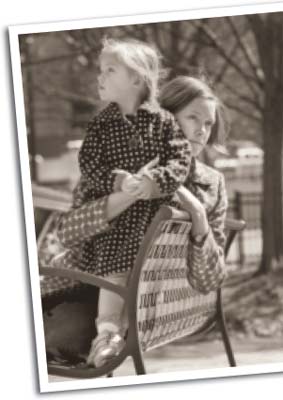
It is natural for families facing a new cancer diagnosis to be upset and worried about how they will deal with this crisis in their lives. For families of young children or teens, these concerns may be greater as they wonder how their children will cope with the uncertainty a cancer diagnosis often brings.
HOW THIS BOOK CAN HELP
This book can help you understand how a cancer diagnosis will affect your children and impact family life. By understanding this crisis from your childrens perspective, you will be better able to help your family cope with the cancer experience.
This book is designed so you can quickly find the information of most interest to you. It is not intended to be read like a novelfrom cover to cover. Each chapter has information and hands-on tools that will guide you and other caregivers through this difficult time. Below, we describe the content for each chapter. Before you read the chapters, it will be helpful to read the chapter overviews to guide you to the information that will be most helpful to you and your family.
Chapter Overviews
explores how children typically respond when a parent receives a cancer diagnosis. In this chapter, we suggest ways to tell children about the diagnosis and how to manage their reaction to the news. We also provide answers to questions commonly asked by children.
focuses on helping children understand treatment. We examine the specific side effects of treatment and its impact on both parents and children. Often during treatment, some type of separation is required because of hospitalization or a need for relatives to take care of the children. Staying connected during treatment is important, and suggestions for how to do this are included. This chapter also includes ideas about how to manage discipline at a time when most parents feel depleted of energy.
Next page
